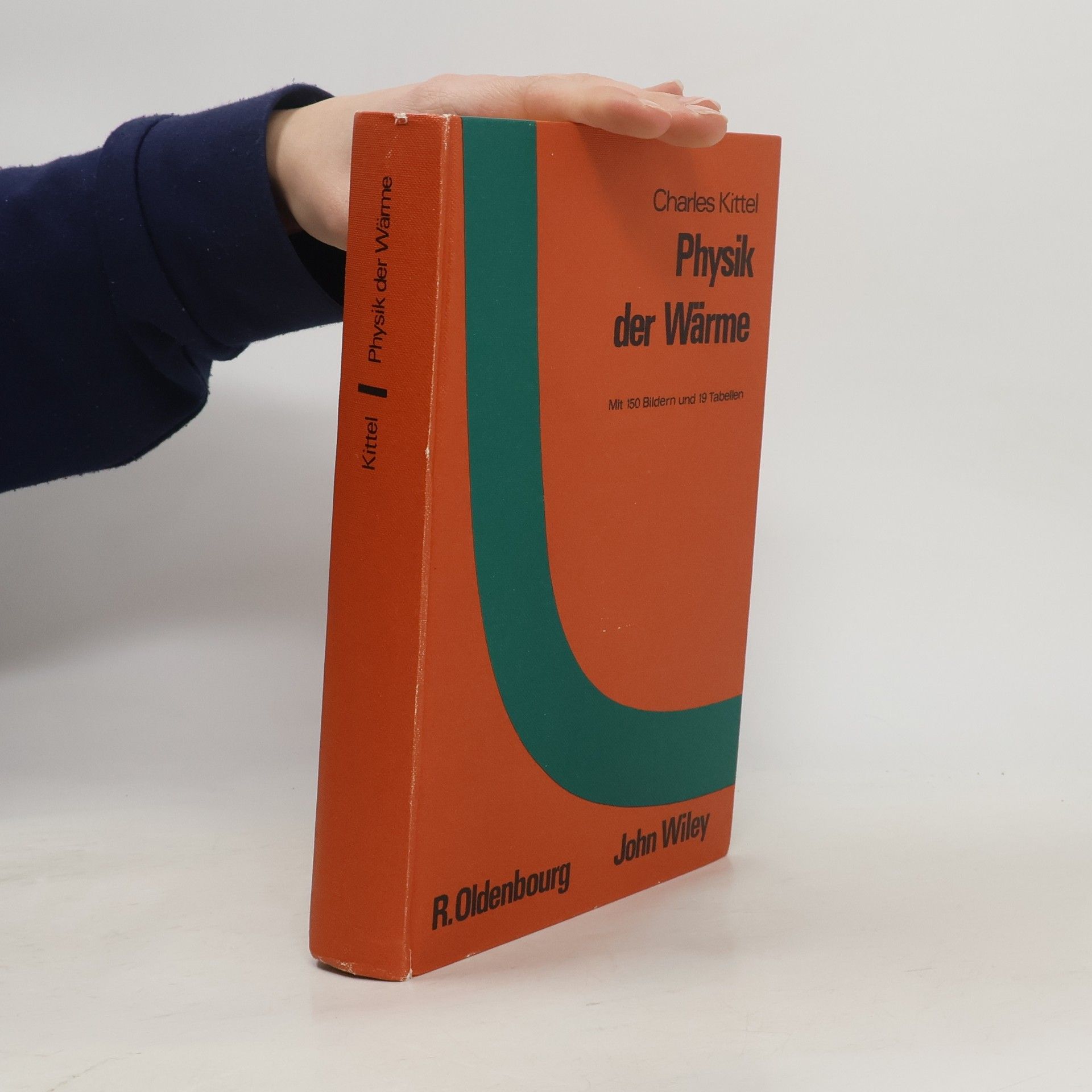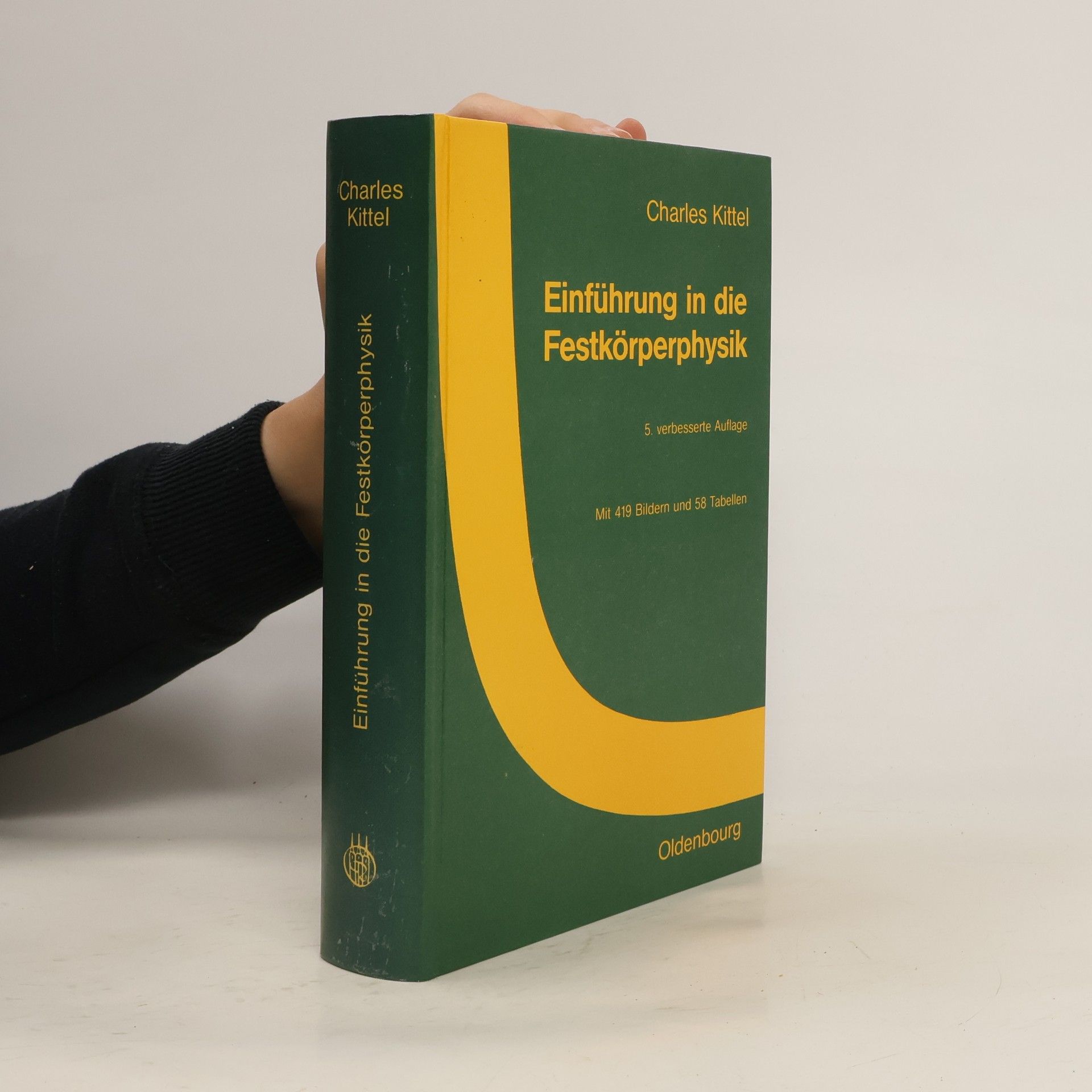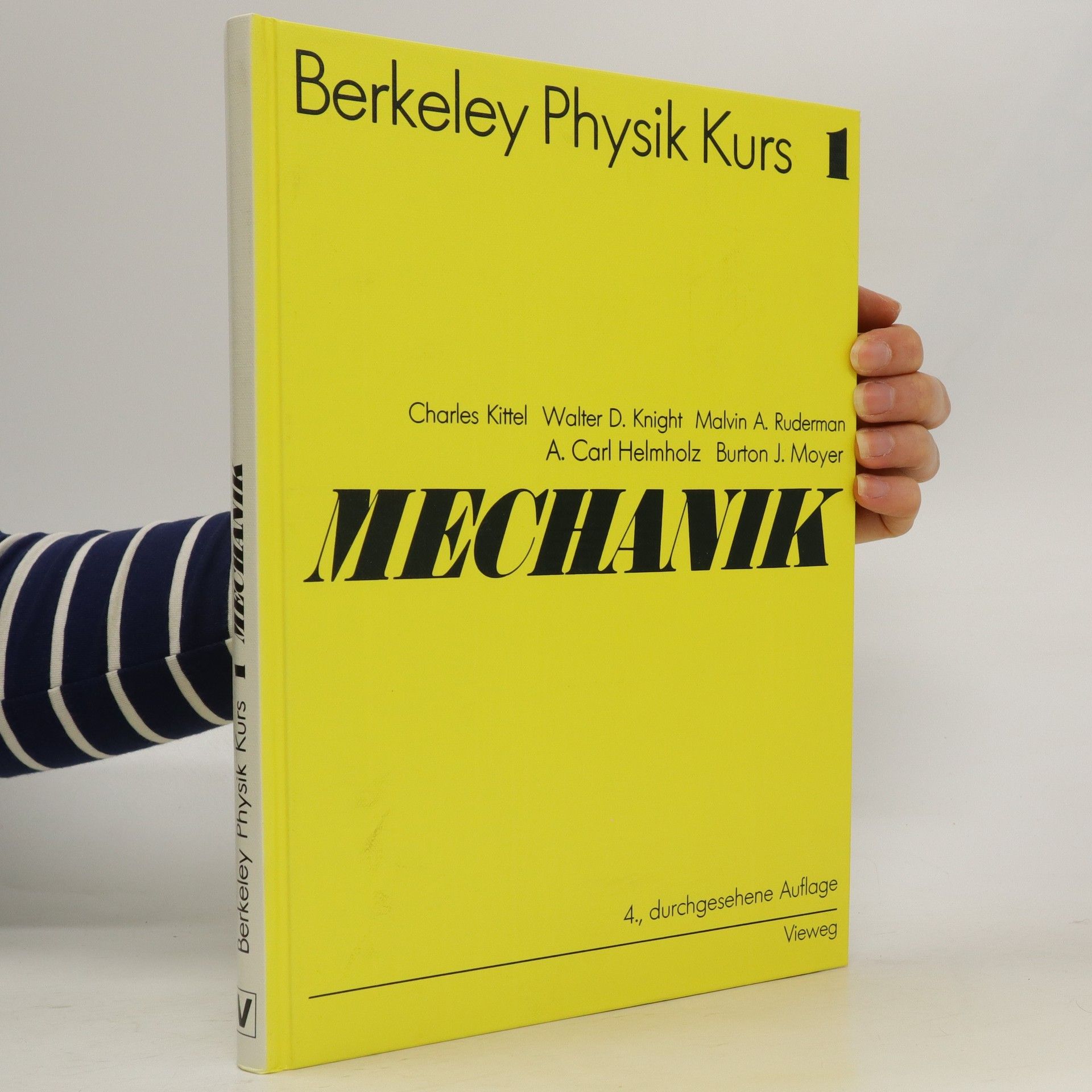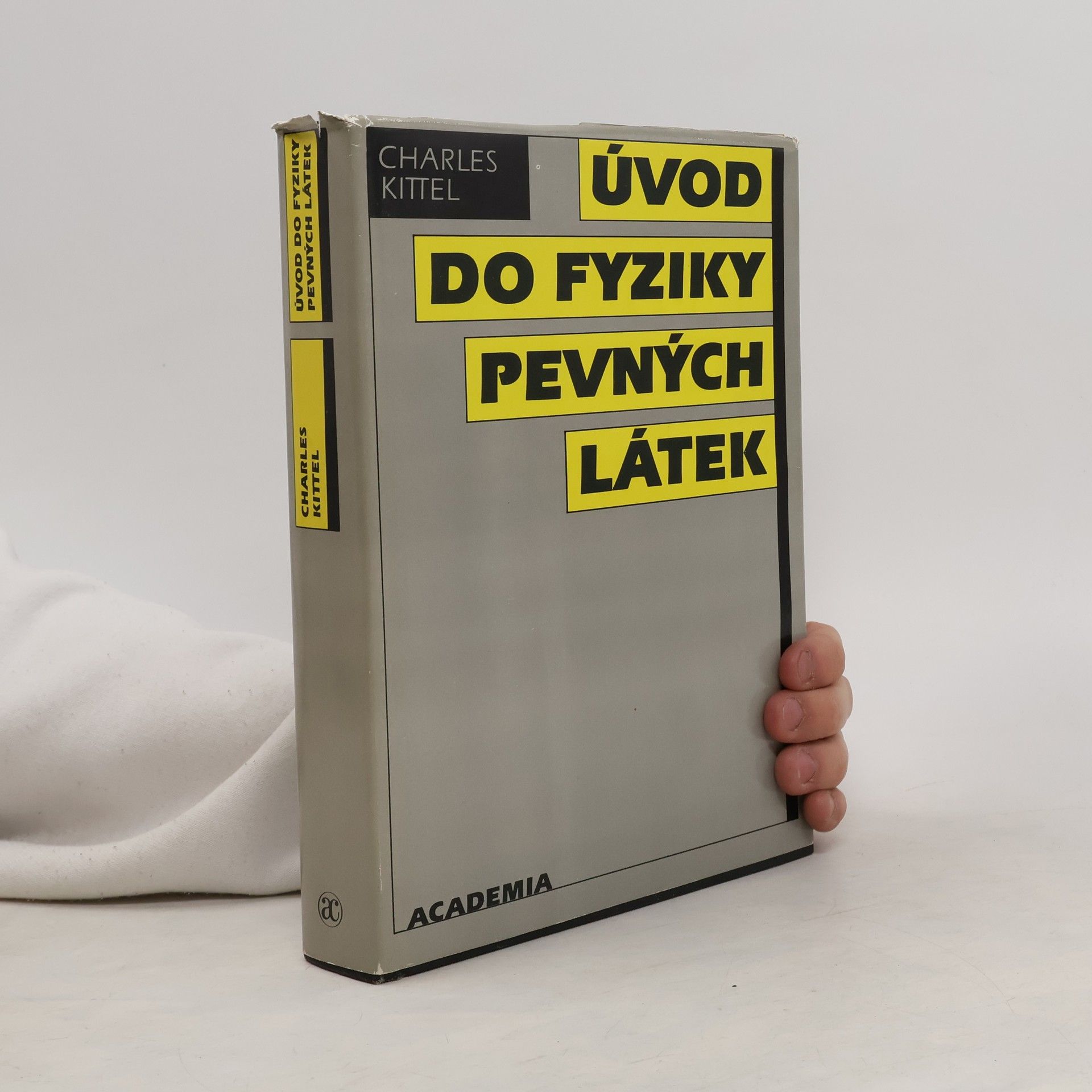Eines der wichtigsten Probleme, das die Univer mit Studenten im ersten Studienabschnitt erfolg sitaten heute zu losen haben, ist die Ausbildung reich erprobt. So hoffe ich, dass dieser Kurs, der in der Studenten in den Anfangssemestern. Je starker didaktischer Hinsicht einen merklichen Fortschritt der Dozent mit Forschungsaufgaben betraut wurde, darstellt, in breitem Umfang eingesetzt werden um so mehr ergab sich haufig eine "schleichende wird. Entwertung der Lehrtatigkeit" -so der Philosoph Die University of California hat mit Freude die Sidney Hook. Neue Wissenserkenntnisse und -Struk Rolle des Gastgebers fur die interuniversitare turen als Ergebnisse der Forschung weckten zu Gruppe, die diesen neuen Kurs verantwortlich ent satzlich den Wunsch nach einer Uberprufung der wickelte, ubernommen. Wir freuen uns auch dar Curricula. Dies gilt insbesondere fur die Natur uber, dass eine Anzahl unserer Studenten freiwillig wissenschaften. an der Erprobung des Kurses mitwirkte. Die finan Aus diesen Grunden habe ich sehr gerne das zielle Unterstutzung durch die National Science Geleitwort zum Berkeley Physik Kurs ubernom Foundation und die Zusammenarbeit mit Educa men. Dieser Kurs mit dem Ziel, die enormen Um tional Services lncorporated schatzen wir sehr."
Charles Kittel Bücher
18. Juli 1916 – 15. Mai 2019







Samtliche Grundlagen der Festkorperphysik werden ausfuhrlich dargestellt und mit vielen Zeichnungen und Bildern begreifbar gemacht. Besonders hilfreich fur das Verstandnis ist die enge Verzahnung von Experiment, Anwendung und Theorie.
Einführung in die Festkörperphysik
Mit 519 Bildern und 59 Tabellen - 3. erweiterte und verbesserte Auflage
- 894 Seiten
- 32 Lesestunden
Klasická úvodní učebnice fyziky pevných látek z pera Ch. Kittela, který tuto problematiku přednáší na Kalifornské státní universitě v Berkeley. Přeložil kolektiv pod vedením Miloše Matyáše (Igor Bartoš, Václav Drchal, Vlad. Kamberský, Josef Kudrnovský, Jan Mašek, Pavel Svoboda, VladimírVorlíček a Karel Závěta). Předmluvu k českému vydání napsal doc. RNDr. Miloš Matyáš, DrSc.

